
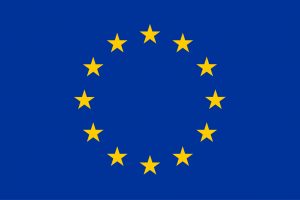
European Comission nearly doubles research and innovation funding in long-term budget
Brussels moves to close innovation gap with creation of €410bn European Competitiveness Fund.
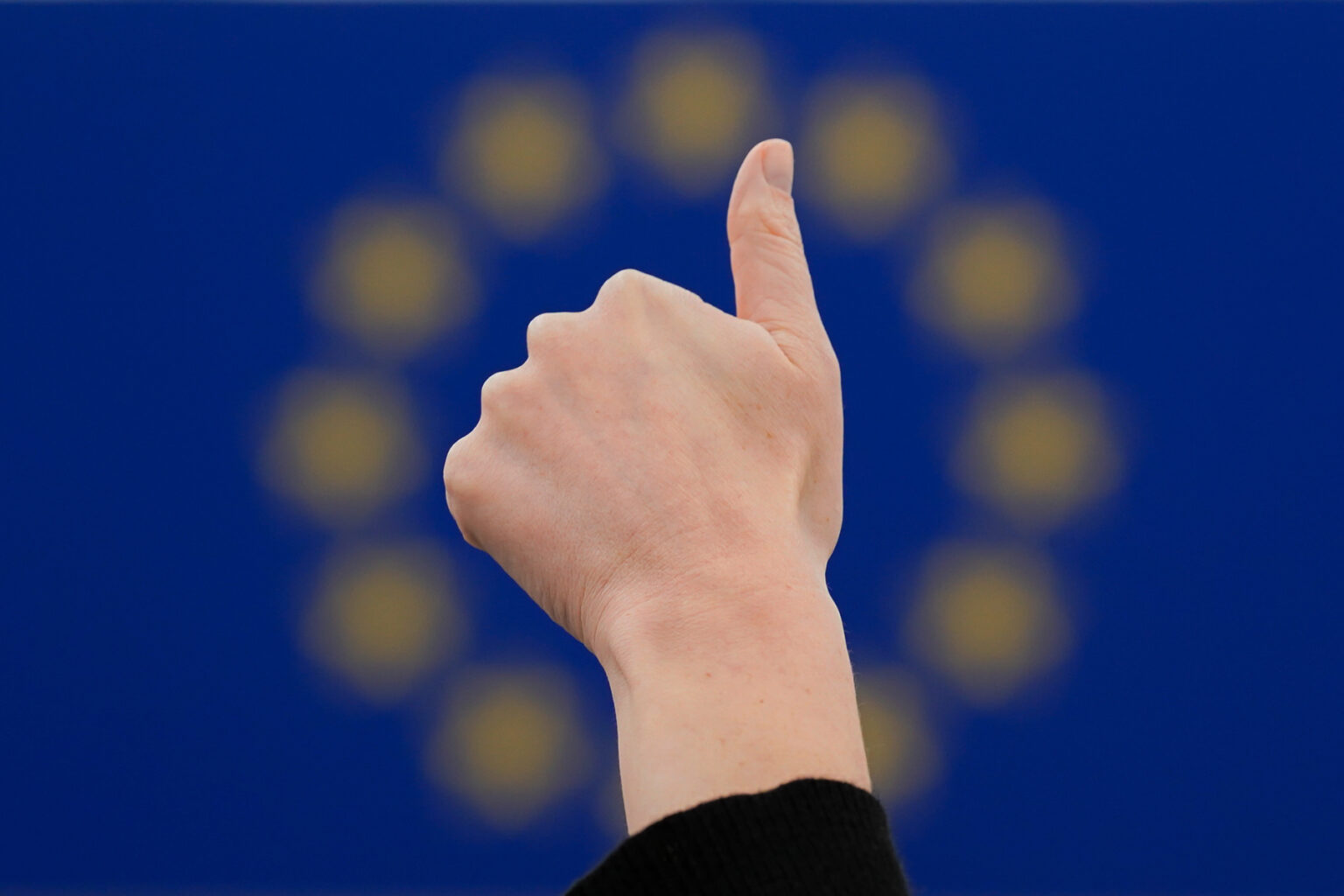
Text: Martti Asikainen, 22.7.2025 Photo: Photo by Fred MARVAUX (EP-174102B, EU 2024, EPEP).

The European Commission has unveiled plans to nearly double funding for research and innovation in its next long-term budget, earmarking €175.3bn for the Horizon Europe programme between 2028 and 2034 – a substantial increase from €93.5bn in the current period.
The funding boost forms part of a new €410bn European Competitiveness Fund (ECF), designed to strengthen the bloc’s position in critical technologies and strategic sectors. The move represents Brussels’ response to growing concerns about Europe’s ability to compete with the United States and China in emerging technologies.
The study by growth equity firm Verdane, which questioned 7,282 adults aged 18-60 across six European countries, found that 42% of respondents were identified as active users and early adopters, defined as using conversational AI either at work or privately at least monthly.
The findings suggest AI has moved beyond early tech adopters to become a practical tool for millions of Europeans, with personal use significantly outpacing professional applications.
New fund aims to simplify complex landscape
Horizon Europe, which finances projects spanning green and digital transitions alongside fundamental scientific research, will be integrated into the newly created fund alongside ten other EU programmes. The consolidation aims to address longstanding complaints that European innovation funding has been “complex and difficult to navigate” for beneficiaries.
The European Competitiveness Fund will be structured around four key areas: clean transition and decarbonisation; resilience, defence industry and space; digital leadership; and health and bio-economy. Digital transition alone has been allocated €54.8bn within the broader fund.
“This investment impulse should benefit the entire Single Market – from AI to space, from clean tech to biotech,” the Commission stated in its proposal document.
The announcement comes as part of the Commission’s €2 trillion budget proposal for 2028-2034, a significant increase from the €1.21 trillion allocated for the previous seven-year period. Commission President Ursula von der Leyen presented the much-anticipated proposal on Wednesday.
European Competitiveness Fund
Numbers are in billion euro.
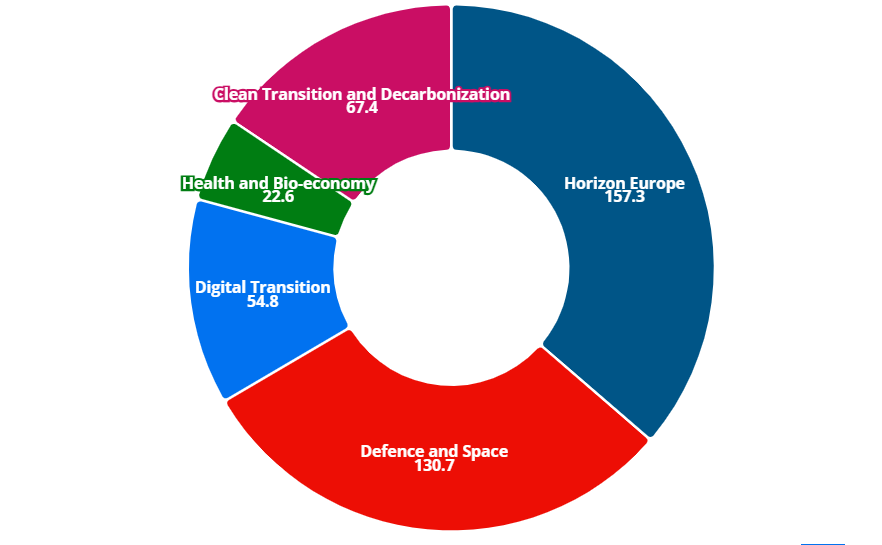
Source: European Commission data. Picture by Euronews.
However, according to the Euronews, technology lobby groups have questioned whether the increases go far enough. Digital Europe, a prominent tech industry association, argued that Europe needs “additional investment of between €157 billion and €227 billion per year on average” to close its investment gap with other global regions.
“Digital technologies are crucial to cut emissions, protect critical infrastructure and super-charge productivity – they need to drive action across all the EU’s strategic priorities,” the organisation said to Euronews.
Global AI race intensifies competition pressures
The funding announcement comes amid heightened global competition in artificial intelligence and advanced technologies. In February, von der Leyen committed €20bn specifically for AI gigafactories to enable “collaborative development” of complex AI models.
This figure appears modest compared to national commitments elsewhere: French President Emmanuel Macron has pledged €109bn for AI projects in France, while the US government announced €92bn for AI and energy initiatives on Monday.
The budget proposal must now navigate approval processes involving all 27 EU member states and secure consent from the European Parliament – a potentially lengthy process that could see the figures adjusted before final approval.
The emphasis on research and innovation funding reflects broader European concerns about technological sovereignty and competitiveness, particularly as the continent seeks to reduce dependence on foreign suppliers in critical sectors while accelerating its green and digital transitions.
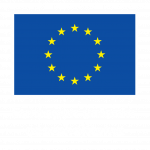
Finnish AI Region
2022-2025.
Media contacts